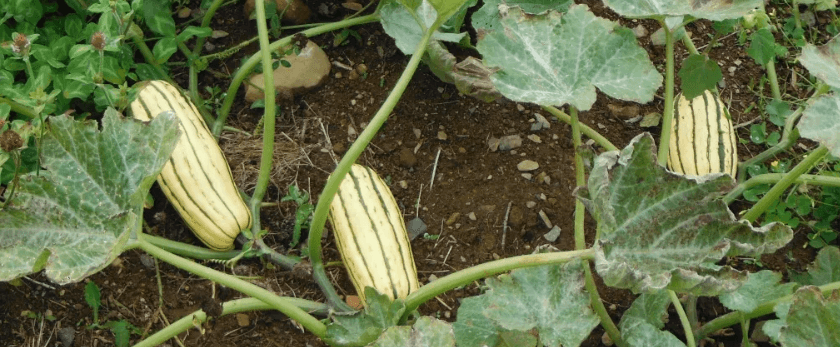Delicata squash, also known as sweet potato squash, is a delicious and nutritious vegetable that is easy to grow in your own backyard. Not only is it a tasty addition to your meals, but it is also a great way to reduce your carbon footprint by growing your own food. In this article, we will discuss how to care for delicata squash, the best time to grow it, and common problems that may arise. Let's get started!
How to Care for Delicata Squash
Watering
Delicata squash plants require consistent watering to thrive. It is important to keep the soil evenly moist, but not waterlogged. The best way to water delicata squash is to use a drip irrigation system or a soaker hose. This will ensure that the water reaches the roots without wetting the leaves, which can lead to fungal diseases.
Light
Delicata squash plants need full sun to grow and produce fruit. Make sure to choose a sunny spot in your garden or yard to plant them. If you live in a hot climate, you may want to provide some shade during the hottest part of the day to prevent the plants from wilting.
Soil
Delicata squash plants prefer well-drained, fertile soil. Before planting, amend the soil with compost or well-rotted manure to provide the plants with the nutrients they need. The ideal pH for growing delicata squash is between 6.0 and 6.8.
Fertilizer
Delicata squash plants are heavy feeders and will benefit from regular fertilization. You can use a balanced organic fertilizer or make your own by mixing compost and aged manure into the soil. Avoid using chemical fertilizers, as they can harm beneficial insects and pollinators.
Pruning
Pruning delicata squash plants is not necessary, but it can help improve air circulation and prevent diseases. You can remove any dead or damaged leaves, as well as any vines that are not producing fruit. Be careful not to remove too many leaves, as they provide shade for the developing fruit.

What is the Best Time to Grow Delicata Squash?
Delicata squash is a warm-season crop and should be planted after the last frost date in your area. The ideal temperature for growing delicata squash is between 70-85°F. If you live in a cooler climate, you can start the seeds indoors 3-4 weeks before the last frost date and transplant them outside once the weather warms up.
Common Problems with Delicata Squash
Pests
Delicata squash plants are susceptible to a few common pests, including squash bugs, cucumber beetles, and squash vine borers. To prevent these pests, you can cover the plants with row covers or use natural pest control methods such as handpicking and introducing beneficial insects like ladybugs and praying mantises.
Diseases
Fungal diseases such as powdery mildew and downy mildew can affect delicata squash plants. To prevent these diseases, make sure to provide adequate air circulation and avoid getting the leaves wet when watering. You can also use organic fungicides if necessary.
Blossom End Rot
Blossom end rot is a common problem with delicata squash and is caused by a calcium deficiency in the soil. To prevent this, make sure to amend the soil with calcium-rich materials such as bone meal or eggshells before planting. You can also use a calcium spray on the plants if you notice any signs of blossom end rot.
Conclusion
Growing delicata squash is a rewarding experience that not only provides you with delicious and nutritious food but also helps reduce your carbon footprint. By following these tips on how to care for delicata squash, you can enjoy a bountiful harvest and contribute to a more sustainable future. Happy gardening!










